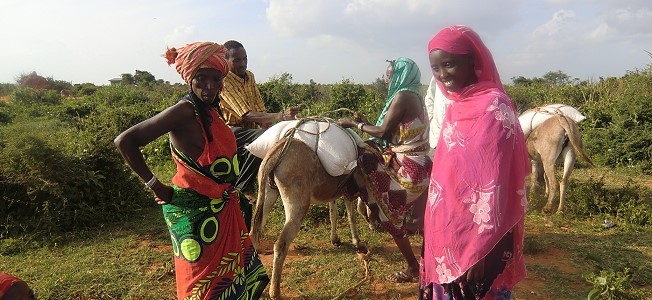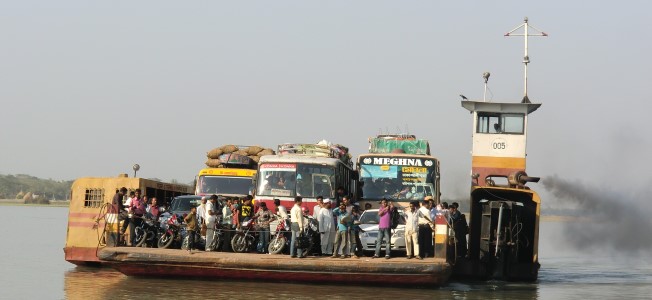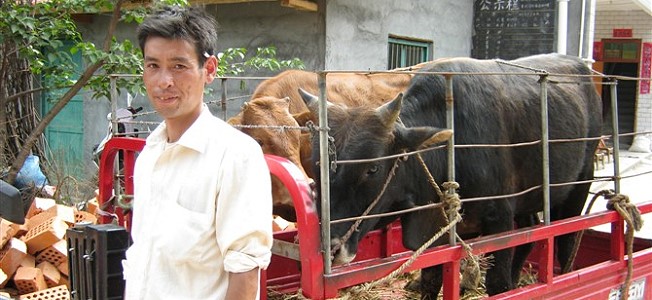The “Horn of Africa” which refers to the Eastern part of the Continent has been seriously affected by climate change in recent years. Drought often occurs and the local people who rely heavily on pasturing and farming have suffered a lot. In the Borena zone,Southern Ethiopia, most families are pastoralists and they were made poor and vulnerable by the recurrent drought. They did not have enough food for themselves and there is not enough pasturing grass for their livestock. As a result, livestock becomes weak or die. For many years pastoralists do not have the ability to prepare and store food in order to survive through future droughts, making daily lives very difficult.
CEDAR has supported Tearfund a drought relief project in Oct – Dec 2011 in the Borena zone of Ethiopia. Following that, in partnership we provide assistance to 7,000 poor and vulnerable households in the area of rehabilitation with project interventions focus on improving local’s livelihoods such as restocking of livestock, income diversification through introduction and promotion of high yielding agricultural inputs, construction of water schemes for human and livestock consumption, promoting saving and credit culture through organizing Self-Help Groups. Formation and strengthening of Cooperatives with the primary aim to promote trading & marketing of livestock as well as to explore alternative income sources. Moreover, awareness raising on the right knowledge of HIV/AIDS will be dealt in the project. This can help the people in Borena zone to recover from the negative impact of drought as well as to enhance their ability to fight against drought or climate change in the future.















